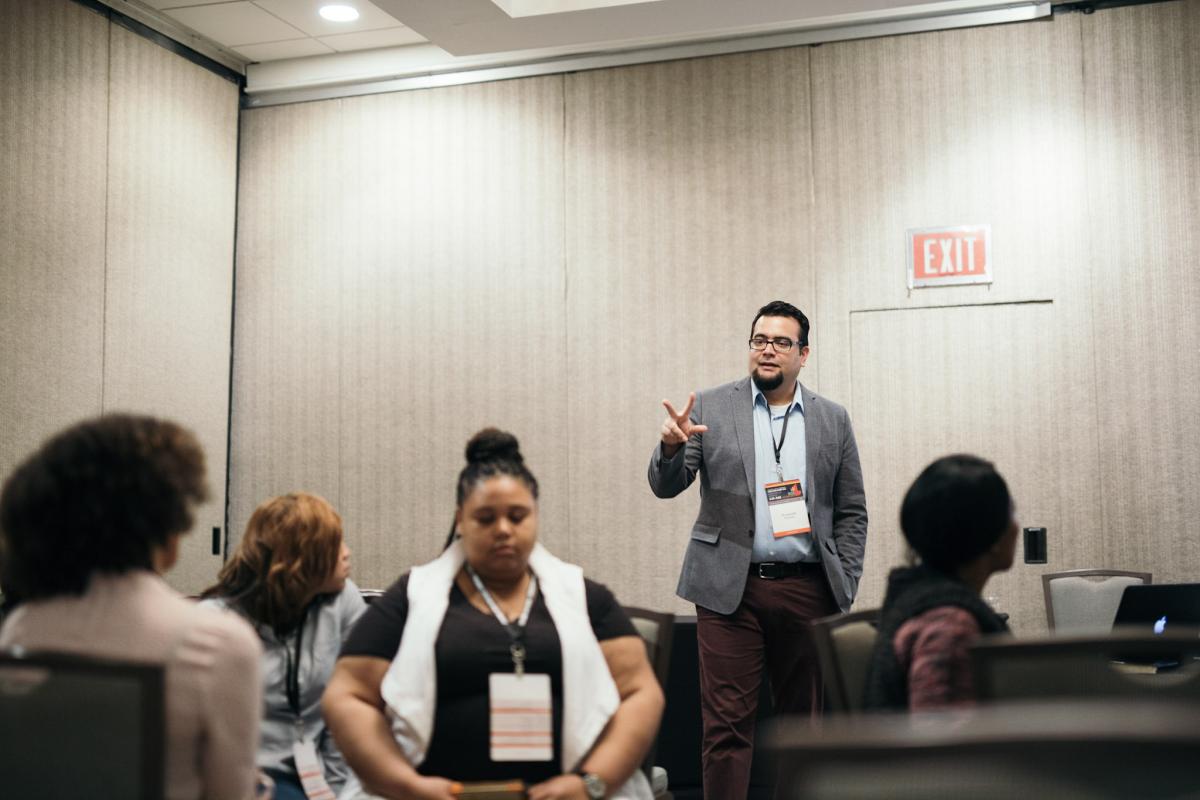 Historia de V. Michelle Bernard | Fotos por Joksan Cedillo y Brian Tagalog
Historia de V. Michelle Bernard | Fotos por Joksan Cedillo y Brian Tagalog
Más allá de las diferencias de comunicación, diferentes generaciones operan de diversas maneras. “De una generación a otra, siempre ha sido difícil”, dice Armando Miranda, Jr. (foto de la derecha), director asociado de Jóvenes para la División Norteamericana de los Adventistas del Séptimo Día y presentador en el encuentro de jóvenes adultos “Rise Up” de la Unión de Columbia. “Debemos tener cuidado de no poner toda esa tradición, lenguaje y cultura delante del mensaje del Evangelio. Tenemos que presentar de una manera en que nuestros jóvenes puedan entender a Dios”, agregó.





 Story by V. Michelle Bernard / Photos by Brian Tagalog and Joksan Cedillo
Story by V. Michelle Bernard / Photos by Brian Tagalog and Joksan Cedillo